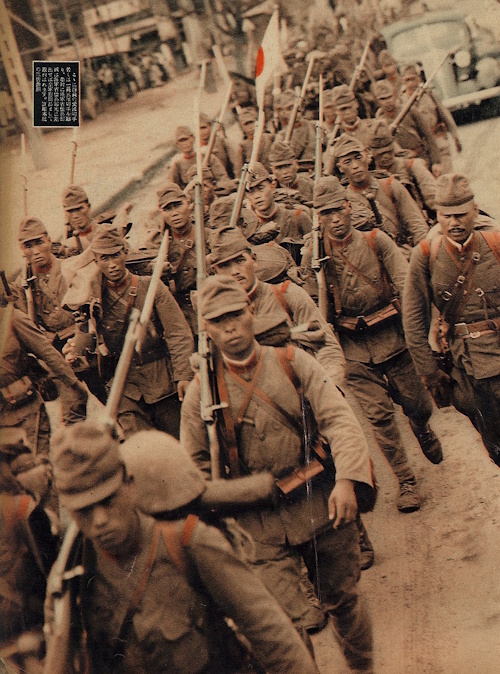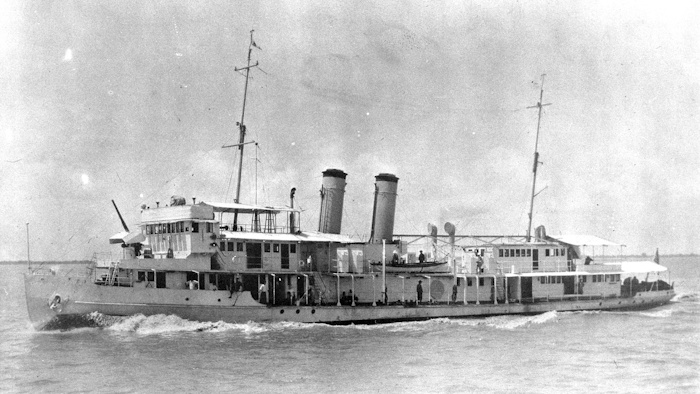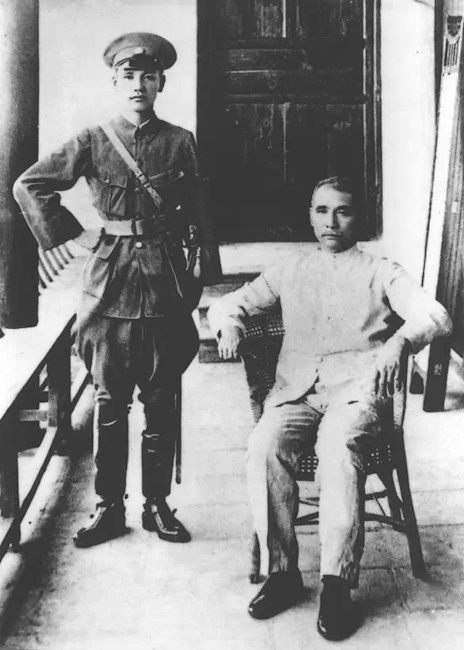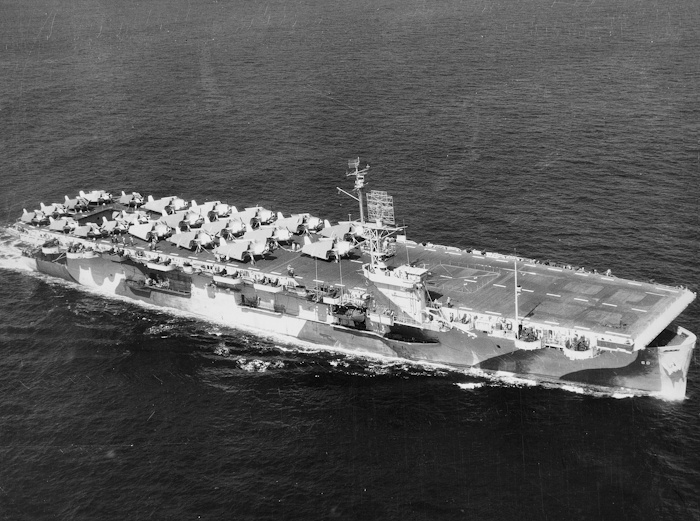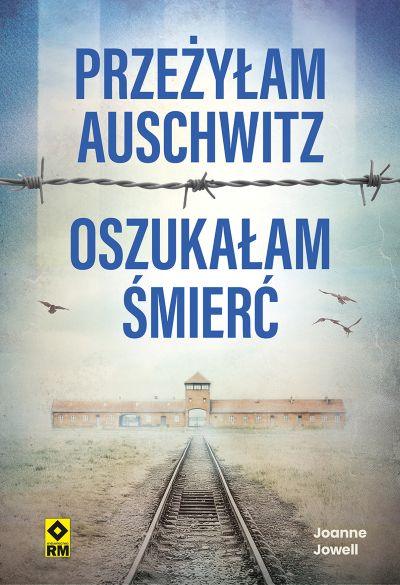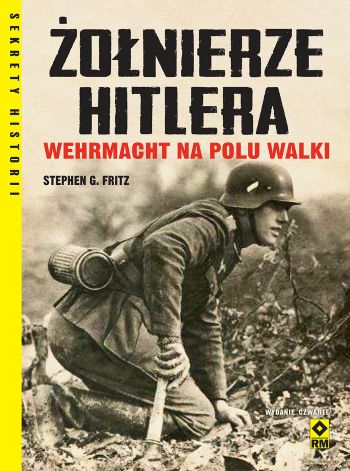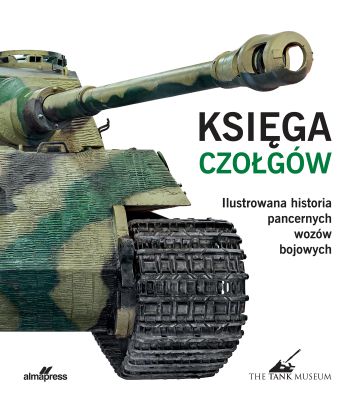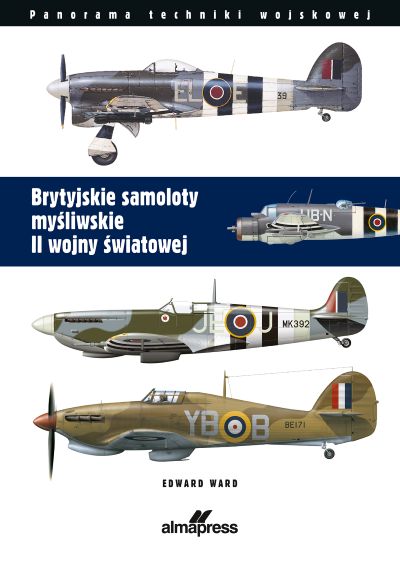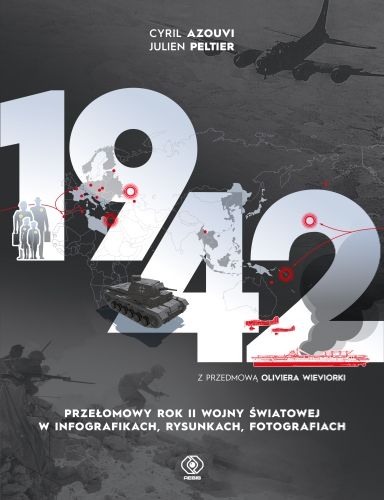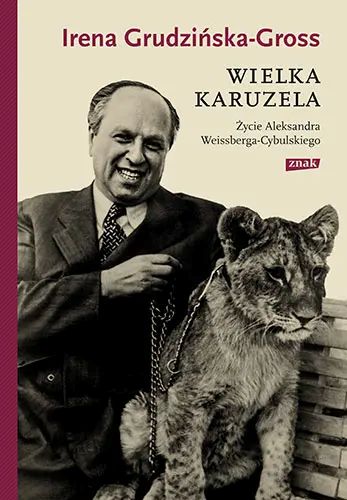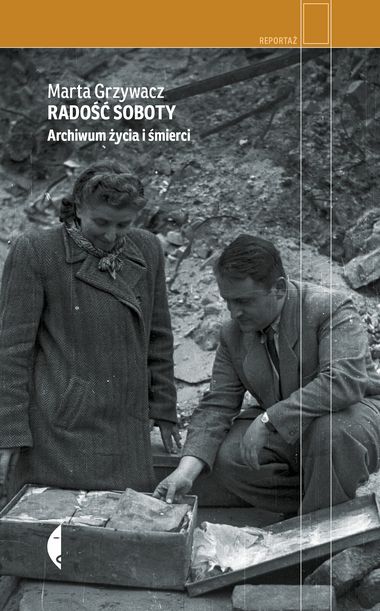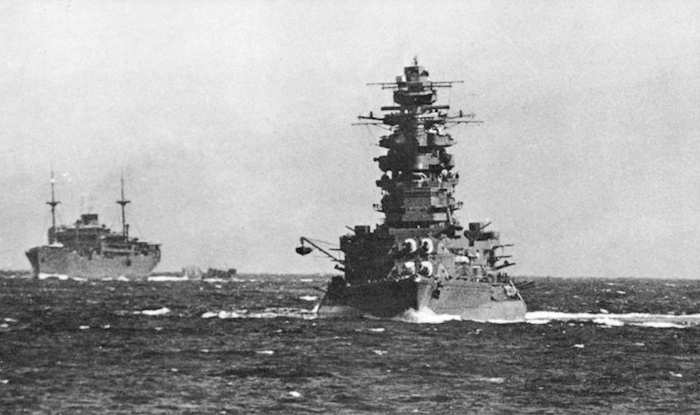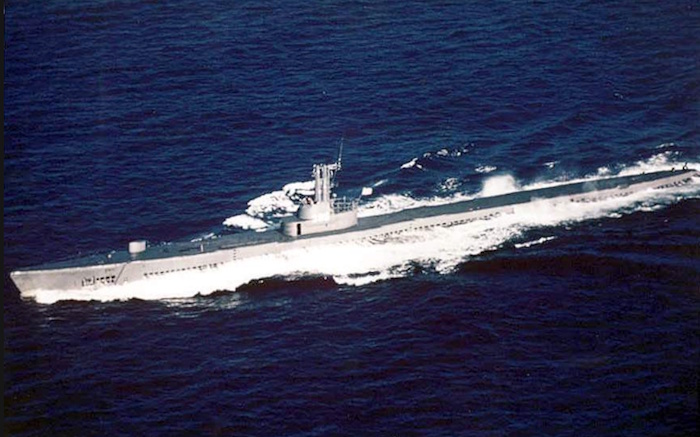When they poured across the border
I was cautioned to surrender,
this I could not do;
I took my gun and vanished.
I have changed my name so often,
I’ve lost my wife and children
but I have many friends,
and some of them are with me.
An old woman gave us shelter,
kept us hidden in the garret,
then the soldiers came;
she died without a whisper.
There were three of us this morning
I’m the only one this evening
but I must go on;
the frontiers are my prison.
Oh, the wind, the wind is blowing,
through the graves the wind is blowing,
freedom soon will come;
then we’ll come from the shadows.
Les Allemands e’taient chez moi, (The Germans were at my home)
ils me dirent, „Signe toi,” (They said, „Sign yourself,”)
mais je n’ai pas peur; (But I am not afraid)
j’ai repris mon arme. (I have retaken my weapon.)
J’ai change’ cent fois de nom, (I have changed names a hundred times)
j’ai perdu femme et enfants (I have lost wife and children)
mais j’ai tant d’amis; (But I have so many friends)
j’ai la France entie`re. (I have all of France)
Un vieil homme dans un grenier (An old man, in an attic)
pour la nuit nous a cache’, (Hid us for the night)
les Allemands l’ont pris; (The Germans captured him)
il est mort sans surprise. (He died without surprise.)
Oh, the wind, the wind is blowing,
through the graves the wind is blowing,
freedom soon will come;
then we’ll come from the shadows.
Tak naprawdę „The Partisan” nie jest oryginalną piosenką Leonarda Cohena. Utwór powstał już w 1943 roku jako pieśń pochwalna dla francuskiego ruchu oporu. „La complainte du partisan” stworzono w Londynie, a jej autorstwo przypisuje się Emmanuelowi D’Astier de la Vigerie i Annie Marly. Pod koniec lat sześćdziesiątych piosenkę zaśpiewał Leonard Cohen i dzięki jego wykonaniu zdobyła ona sobie słuszny rozgłos w świecie. Słowa opowiadają historię francuskiego partyzanta walczącego podczas II wojny światowej w Maquis. Bohater krótkiej opowieści postanowił walczyć, stracił rodzinę i był świadkiem wielu śmierci. Wciąż jednak miał nadzieję, że przybędzie „wiatr wolności”, który zakończy jego tułaczkę i pozwoli wrócić do normalnego życia. Wtedy „powróci on z cienia”. Wykonanie Cohena pełne jest zadumy, ogólnie cały utwór utrzymany jest w melancholijnym i spokojnym klimacie. Świetne słowa, niezła muzyka i bardzo dobre wykonanie doskonale komponują się ze sobą i tworzą wspaniałą atmosferę wojennej pieśni.






